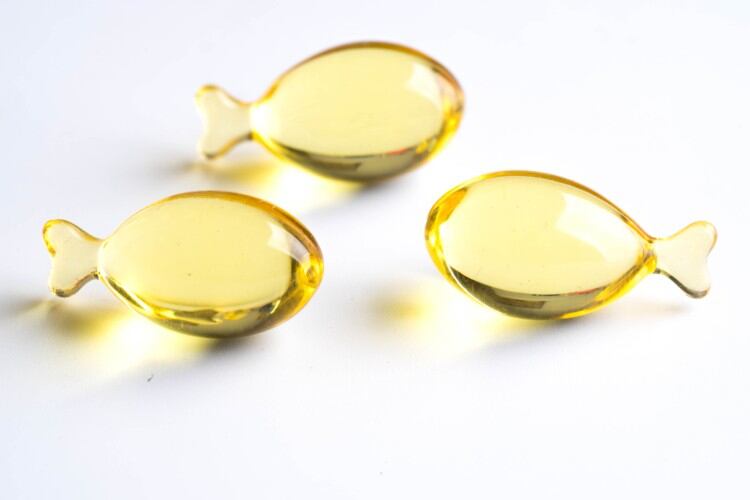Chinese and US scientists found a proportion (31.2%) of the 427 678 participants reported habitual use of fish oil supplements that are associated to a marginal benefit for CVD events in the general population.
“Owing to its low cost, lack of fishy taste or smell, convenience of use, and mild side effects, fish oil supplementations could be an inexpensive, quick, and safe way of increasing an individual’s omega 3 fatty acid intake,” the researchers write.
“Studies report findings that are consistent with our results, suggesting that habitual use of fish oil supplements is associated with a lower risk of all-cause mortality.
“Our study also indicates that the association seemed stronger for CVD mortality than for the incidence of CVD, implying that fish oils could have a stronger effect among individuals with established CVD events.”
While there have been significant advances recently in the understanding of omega 3 fatty acid’s role in the prevention of CVD events, clear gaps in knowledge remain.
Previous studies have generated conflicting findings with data from laboratory studies, epidemiological investigations, and randomised controlled trials indicate that omega 3 fatty acids do have a role in the prevention of CVD.
In contrast, several trials and recent meta-analyses have shown that supplementation with omega 3 fatty acids has no benefit in the prevention of CVD.
Study details
Drawing upon findings from the UK Biobank study, a total of 427 678 men and women aged between 40 and 69 who had no CVD or cancer at baseline were enrolled between 2006 and 2010 and followed up to the end of 2018.
The team from Southern Medical University in China and Brown University in the USA used an electronic questionnaire to ask participants whether they regularly took fish oil supplements. The main outcome measures were all-cause mortality, CVD mortality, and CVD events.
Findings revealed 133 438 (31.2%) of the 427 678 participants reported habitual fish oil supplement use with its supplementation associated with a 13% lower risk of all-cause mortality.
The regimen was also linked to a 16% lower risk of CVD mortality, and a 7% lower risk of CVD events among the general population.
“Several mechanisms could explain the benefits for clinical outcome derived from fish oil supplementation,” the study says.
“Firstly, the results of several studies have indicated that supplementation with omega 3 fatty acids has beneficial effects on blood pressure, plasma triglycerides, and heart rate, all of which would exert a protective effect against the development of CVD.
“Secondly, several trials have shown that omega 3 fatty acids can improve flow mediated arterial dilatation, which is a measure of endothelial function and health,” the authors add.
The study goes on to outline the possibility that omega 3 fatty acids may possess antiarrhythmic properties that could be clinically beneficial.
Finally, the study points out previous research that report the fish oil’s ability to reduce thrombosis and its anti-inflammatory properties that could play a preventive role in the pathophysiology of CVD outcomes.
Limitation list
The study includes a list of its limitations, namely the lack of any detailed record of fish oil supplement such as the dose, formulation, and duration of use.
“The lack of such information precluded us from evaluating dose-response associations between fish oil supplementation and outcomes, the independent effects and best ratio of the individual components of fish oil supplements, and the optimal duration of fish oil supplementation,” the team states.
The team adds that it is also difficult to comment on the dose of fish oil supplements needed to achieve a clinically meaningful effect.
“Finally, reverse causality might exist in our study, although the results remained unchanged when we excluded participants with outcome events that occurred during the first two years of follow-up,” the team concludes.
Source: BMJ
Published online ahead of print: doi.org/10.1136/bmj.m456
“Associations of habitual fish oil supplementation with cardiovascular outcomes and all-cause mortality: evidence from a large population-based cohort study.”
Authors: Zhi-Hao Li et al.




